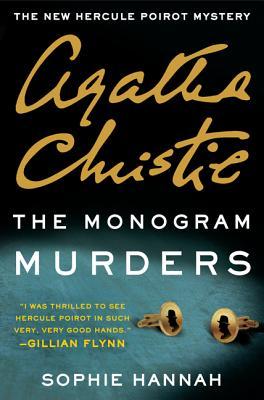Rating: 5/5 stars
Pages: 380
Published: 1985
Before I
start this review, I would like to say that I do not believe, agree, or condone
any of the author’s ideas on sex, gender, and sexuality. I feel terribly sad that someone uses their
influence as a widely read author to spread harmful ideas.
That is why
it took me so long to read this book. I don’t think I would have read it if I
hadn’t got it as a gift. Also, Asa Butterfield helped. He is all my heart
desires to play Artemis Fowl. Okay, let’s move on with the review.
Over all, I
really liked this book. It was one of the best Science Fiction books I read,
and I’ve read quite a lot of them in my time (actually, it is a genre I want to
go back to reading. I miss it.) Not exactly because of the brilliance of the plot
and of the characters, which were actually quite simple, but mainly because of
the amazing twists. And also because it is very well structure and makes sense
world-wise. There are some Science Fiction books that simply cannot reach a
level of internal coherence so needed for the genre and they end up sounding
fake. This world, even though we who live and breathe technology may find some
aspects impossible, is very coherent as a story and as a world.
So, let’s
take a look at the positive aspects of Ender’s Game:
- As I just
mentioned, it is coherent. And it is a very gripping story. I always wanted to
read another page just to know what was going to happen to Ender and what the
next step of his training was going to be. I found myself completely immersed
in the characters and the story and sometimes hooting for good things to
happen.
- It has the
right amount of explanation. We know what happened –an alien invasion that
almost killed our entire species- and we know what is happening. We also get to
know what is happened behind the curtains, the political tension our world is
going through and what is at stake. The explanation is not over-the-top or too
little, and it gets mixed with the story and we form the picture of the
situation as the story progresses.
- There is an interesting view on technology and
social networking. However, it does seem a little far-fetched for someone who
is immerse in the world of blogging and online communities.
- And, for
me, one of the best features of this book was the big plot twist at the end.
After you read it you realize that the entire book was just building up to it,
and if you had paid only a little bit more of attention to the small details
and weird pieces of conversation you would have figured it all out. And that
was amazing: how, in hindsight, everything was there, but reading it you let it
all slip past you. Very well done.
Now, for the
negative aspects:
- I felt the
characters to be a little too young and sometimes it was really easy to forget
how young they were.
- Now, my
biggest issue was the underlying misoginy presente in the entire book. I almost
stopped reading it in the beginning when the very memorable line of ‘Too many
centuries of evolution working against them’ is said. Of course, ‘them’ is
girls. Now, I don’t know what you consider as centuries of evolution working
against me, but I am pretty sure a girl could do all the things Ender did. And
not only ‘could’. There is a lot of women out there who do belong to the army, who are in wars and fight for what they
believe in. And THAT is, and will always be as long as it proceeds, my biggest
issue with Science Fiction and Fantasy books: it doesn’t matter how far away in
the future the story is set, the authors use the same outstandily stupid gender
role mentality. There is no evolution when it comes to equality. And not only
of gender, but of race, sexuality, religion, among others. It is completely
unbelievable.
However, I didn’t stop reading and I’m actually glad I
didn’t. I had a lot of fun reading this book and I would absolutely recommed
it. Oh, and don’t forget to watch the movie as well. It is very different from
the book (when is it not?), but very interesting as well!

